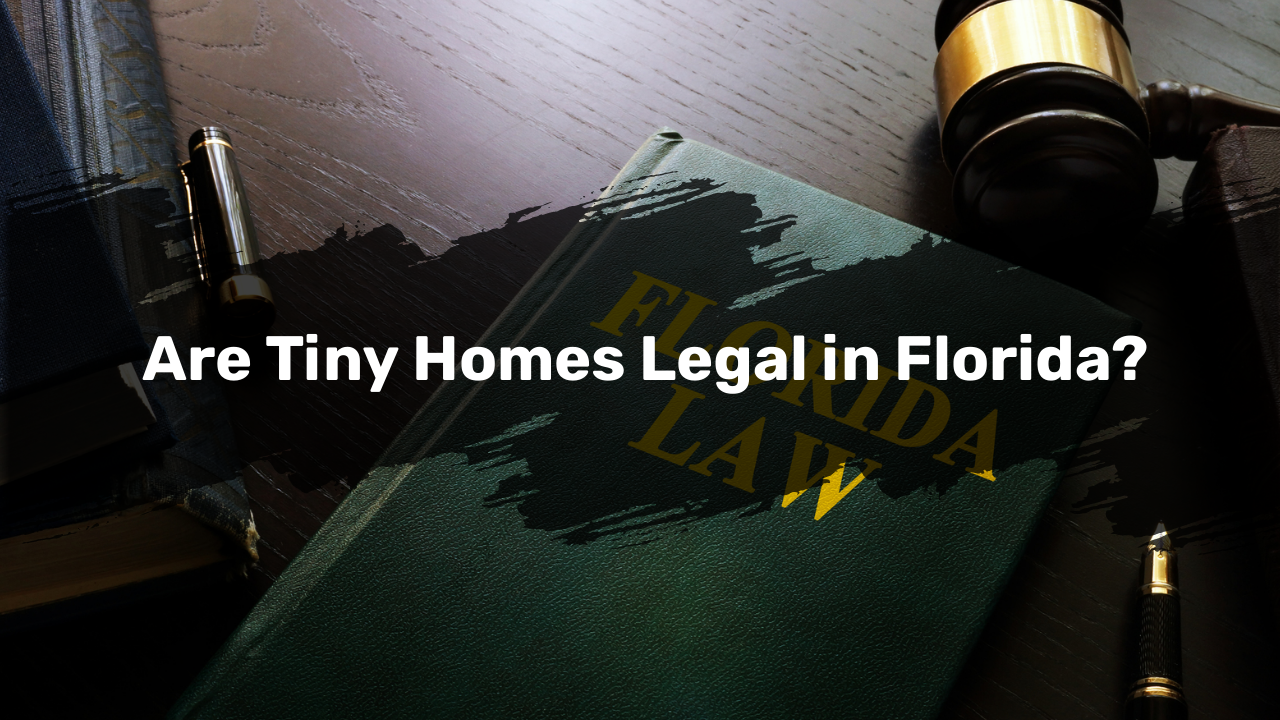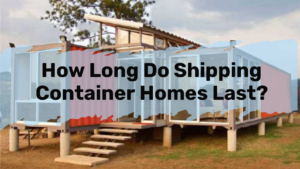Having tiny homes on wheels is slowly becoming the norm for many Americans across several states. Not only does it provide the obvious mobility benefits, but it also costs way less than buying or even renting a regular house or apartment.
But as the demand for tiny homes rise, so does the scrutiny when it comes to zoning laws and the legalities surrounding where homeowners can place and position their tiny houses. One favorite state of tiny house owners, thanks to its forever-summer weather, is Florida.
But is it actually legal to have tiny homes over there? Let’s find out.
Is It Legal To Have a Tiny Home In Florida?

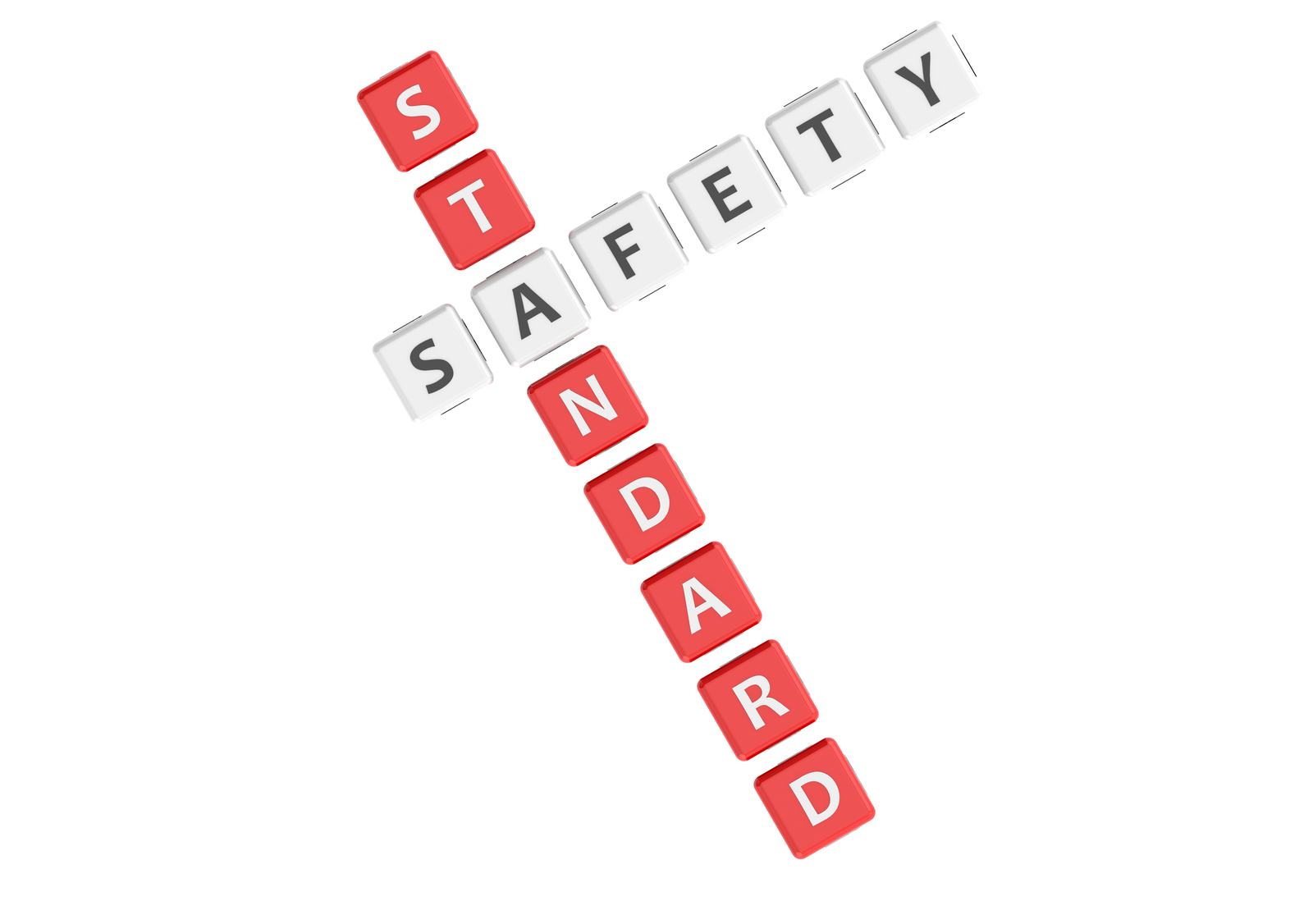
The answer to this question is, it depends.
Just as there are different housing laws in every state in the US, there are also varying laws and regulations in every city, town, and their respective local government within Florida.
On top of that, you’ll have to be extra diligent in making sure that tiny houses on wheels are properly covered — since for the most part, these houses are still within the gray areas of housing and zoning laws.
In Florida, tiny houses on wheels may still qualify as a second home or for “camping” given its recreational use. However, this does not guarantee that you’ll be able to just purchase land and place your house on wheels wherever you please.
There are a lot of factors that can slow down the process that would include abiding by certain safety standards. This could mean building a permanent foundation for your tiny house or having secured ties to set your home in place.
With the risk of hurricanes in Florida, your tiny house might also be subject to certain measurements and other building codes to ensure your safety in the long run.
This could mean that you’ll have to check these guidelines prior to purchasing or building a tiny house, or by finding a way to secure a permit for permanent placement.
One encompassing law in Florida, however, is that any tiny home on wheels must be registered in the Florida DMV. Some other specific laws, include no more than a 45 day stay for tiny homes on wheels at RV parks, which is the case for Sarasota County.
If you intend to stay for more than 45 days, you’ll have to build foundations. In St. Petersburg, any tiny house unit has to have a floor area of no less than 375 sq. ft. and can’t exceed 750 sq. ft. In Orange County, the minimum is said to be at 400 sq. ft.
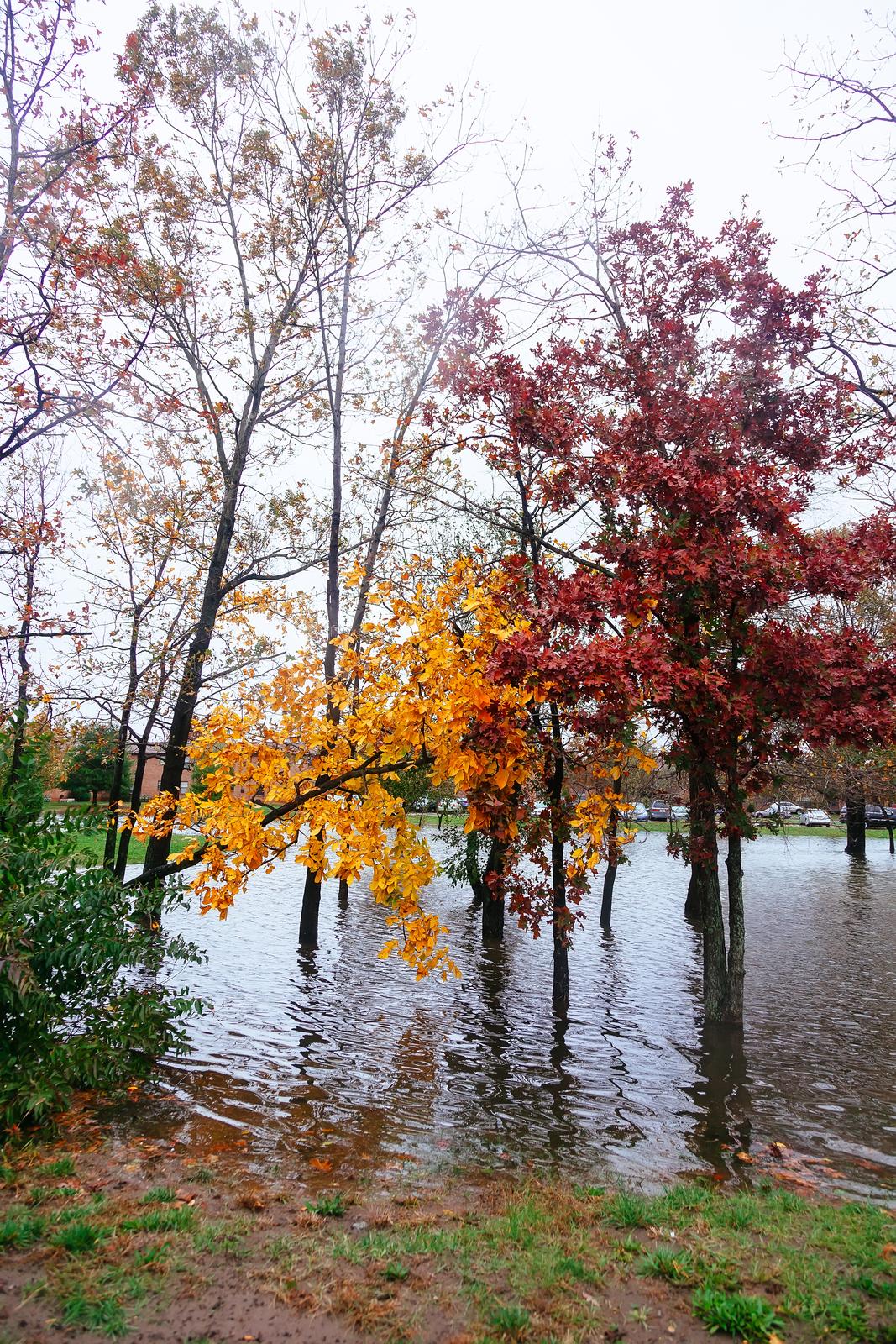
Hurricane flood and wind damage felled trees
Good news is that out of many states in America that restrict tiny house living, Florida does host a large amount of RV parks and tiny house hotels in support of tiny living enthusiasts. In fact, Florida is one of the growing number of states that are helping tiny house and minimalist movements to thrive and grow.
Tips On Placing a Tiny House In Florida
Remember that there is no such thing as an encompassing housing law in Florida in relation to tiny houses. With each township and local government, there could be very different laws that can affect your decision to build or place a tiny house within the state.

In order to successfully have your own tiny house in Florida, check out these tips below:
-
Do a thorough research and review of the local zoning code within the area that you’re eyeing to check whether you can have your tiny house placed on a certain lot — whether it’s for seasonal dwelling or for permanent residence
-
Get a detailed analysis and examination of the Florida building and safety standards for that specific area, which could affect the size and measurements of the tiny house you intend to buy or build

Basic Laws Surrounding Tiny Houses


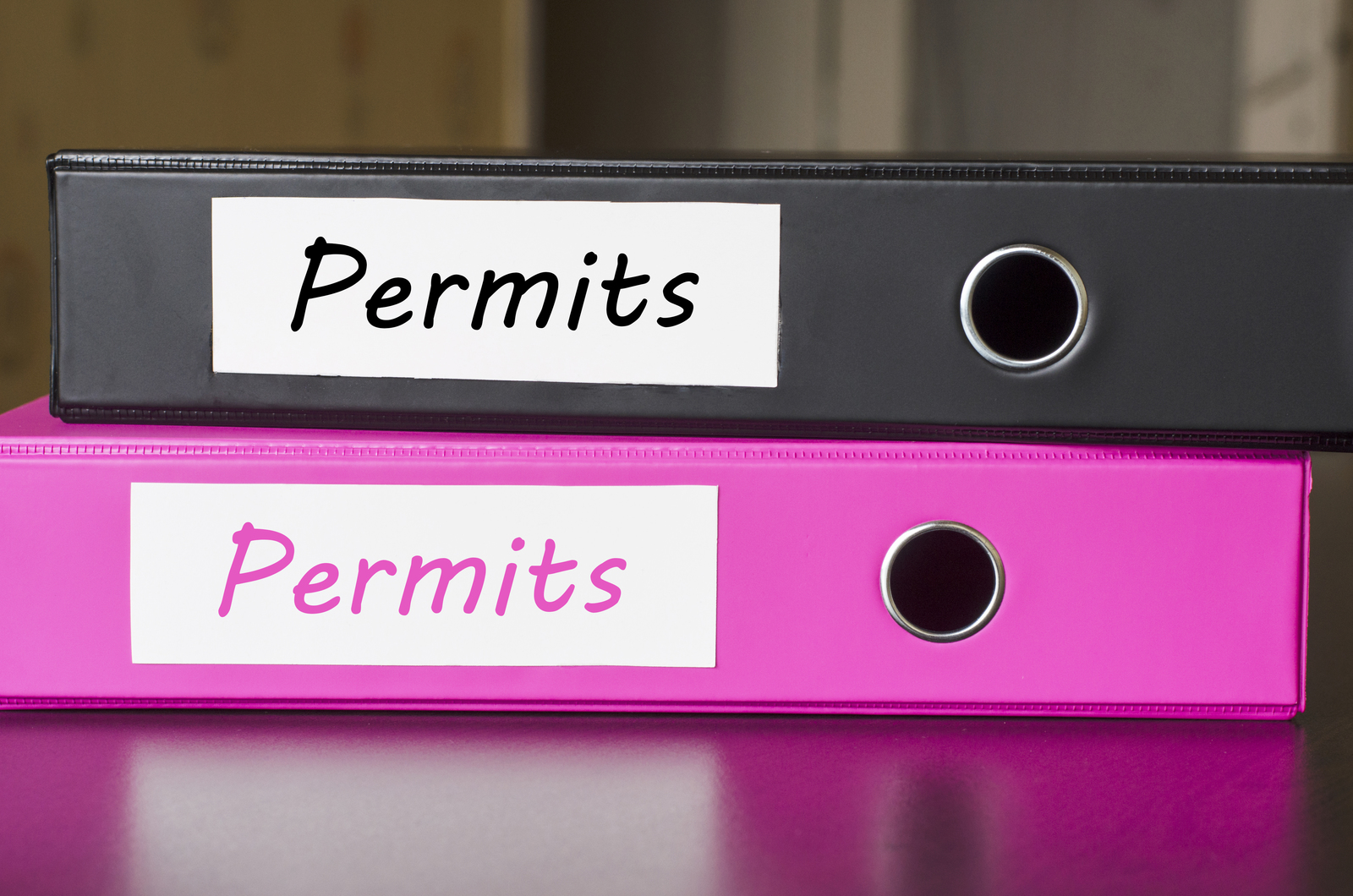
Despite the growing popularity of tiny houses and tiny houses with wheels, many states in America still don’t have specific laws that govern this special kind of housing.
This should not be taken as a greenlight to just go ahead and build or position your tiny house wherever.
What this means for a tiny house owner is that due diligence must be done even more so, rules must be followed, in order to make sure that you have legal rights to have your tiny house on a certain lot within the state.
At the end of the day, what’s important is that you’re able to obtain proper permits. This is regardless, whether you’re thinking of staying for just a few months or staying put indefinitely.
If in case the state or the local government does not have any specific laws regarding tiny houses, the best you can do is to consult with a lawyer on what permits you’ll need to secure.
This may include safety standards, zoning permits, and so on, and would require you making the extra effort to make your house a much safer and livable place to stay in.
Most Tiny House-Friendly States in America
If you’re not too sure about going for Florida, there are many other states in the country that have certain laws and regulations that cater to tiny homes, RV, and related housing types.
You will need to do extensive research on the specific housing and zoning laws governing these counties and states.
But at the very least, you’ll have a starting point of which place you can move with your tiny house.
Here are some other states that are Tiny-House friendly:
Arizona, California, Colorado, Georgia, Idaho, Indiana, Kansas, Maine, Massachusetts, Michigan, Minnesota, Nebraska, Nevada, New Hampshire, New Mexico, North Carolina, Oregon, Pennsylvania, South Carolina, South Dakota, Tennessee, Texas and Vermont.

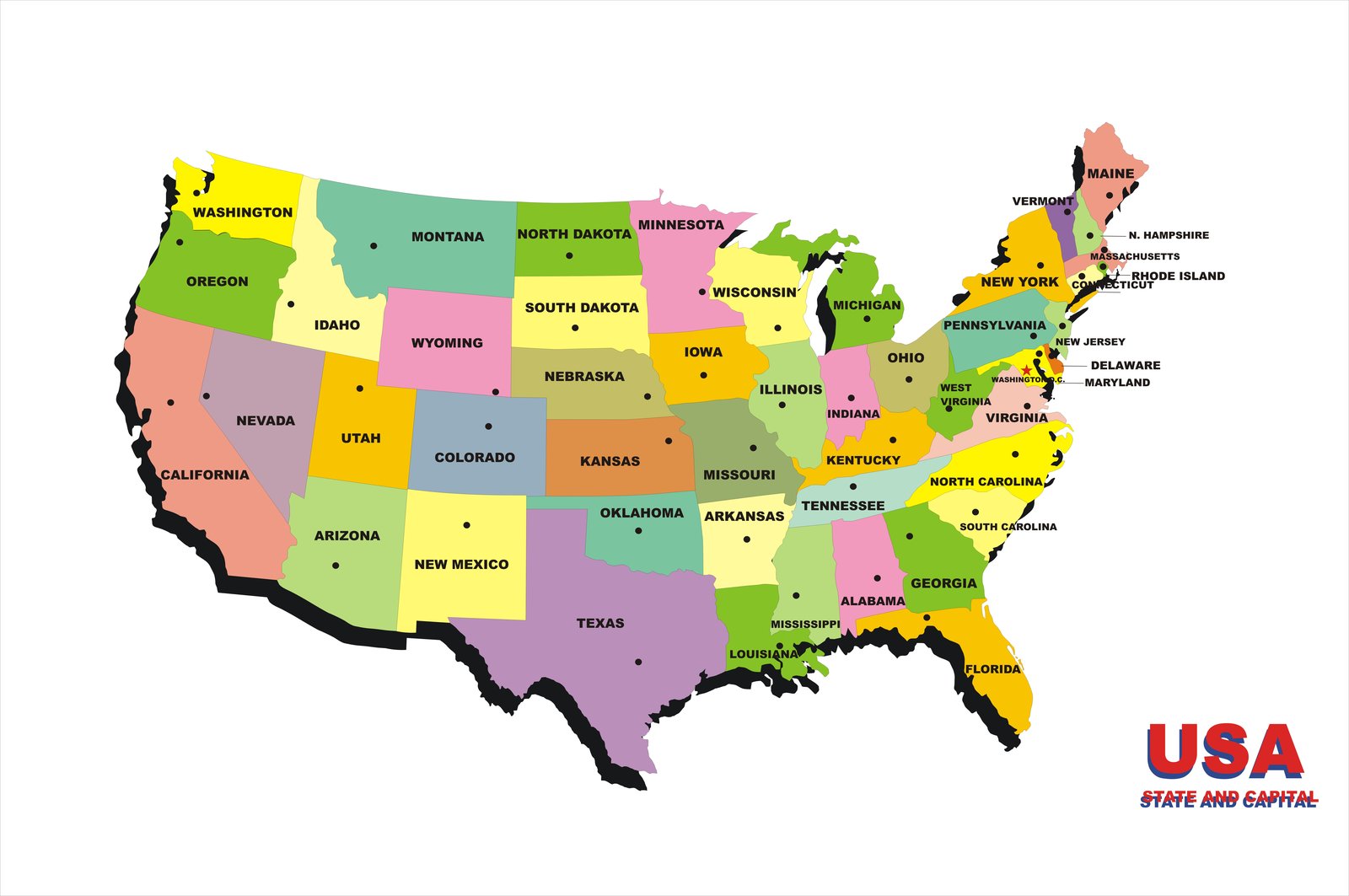
The Bottom Line
Can’t find the state you were thinking of? Don’t worry. While tiny homes are more or less accepted in many areas of Florida, whether it’s legal still needs to be determined depending on the laws and regulations of the different counties.
However, a lot of other remaining states are in the process of accommodating the ever-changing housing trends and are starting to create regulations and laws that cater to tiny houses and other alternate living abodes.
Ultimately, what’s important for your safety, is to verify before making any move or before purchasing or building anything. In doing this, you’ll be able to avoid unwanted costs and ensure that you’re going to move to a place where you can live freely in your tiny dwelling of choice.

